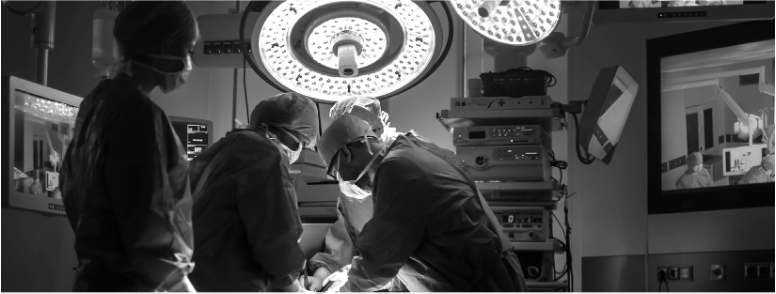Back to Articles
14 June 2024
The world of medicine evolves at a stunning pace. Procedures that were once cutting edge are now commonplace due to technological advances and procedural innovation. As a result of this scientific progress, minimally invasive surgeries are increasingly replacing open surgeries. But as with any medical procedure, patient outcomes are reliant on many factors, including access to the most beneficial surgical products for the corresponding procedure.
Typically, the largest incision for a minimally invasive CV surgical procedure is 6-7cm but can be as small as 4cm in some cases. These small incisions provide benefits to the patients such as:

Innovation is the cornerstone of progress in healthcare, and that’s especially true for the field of cardiovascular surgery. New products pave the way for that progress, offering better patient outcomes and new opportunities for practice expansion among providers.

![]()

![]()
As a substitute for standard Steel Jawed Clamps, the CYGNET® Clamp’s padded inserts cause less intimal damage. The CYGNET® captures the best of both worlds for multiuse and aortic cross-clamping. The rigid shaft enables tunneling and accurate clamp placement and the flexible neck allows for improved surgeon visualization at the incision site.


![]()
Peters Surgical Sutures Corolene®, Cardionyl®, Cardioflon® Evolution & Cardioxyl®
Improved needle presentation and less suture strand memory leads to better surgeon handling. Optimal elasticity of thread allows for smooth passage through tissue and suture strength which ultimately ensures that once tied, it stays secure.

Innovation is part and parcel of science and medicine. Just because we discovered that minimally invasive surgery can be an effective substitute to open surgery does not mean that all progress stops there. Rather, we keep pressing onward.
At Peters Surgical, our mission is to improve a patient’s quality of care by contributing to the success of surgical procedures. We develop high-performance medical devices and dedicated services with and for surgical teams.
Sources
[1] NCBI. Comparison of the surgical outcomes of minimally invasive and open surgery for octogenarian and older compared to younger gastric cancer patients: a retrospective cohort study.
[2] NCBI. Minimally Invasive Abdominal Surgery.
[3] Yale Medicine. Minimally Invasive Surgery.